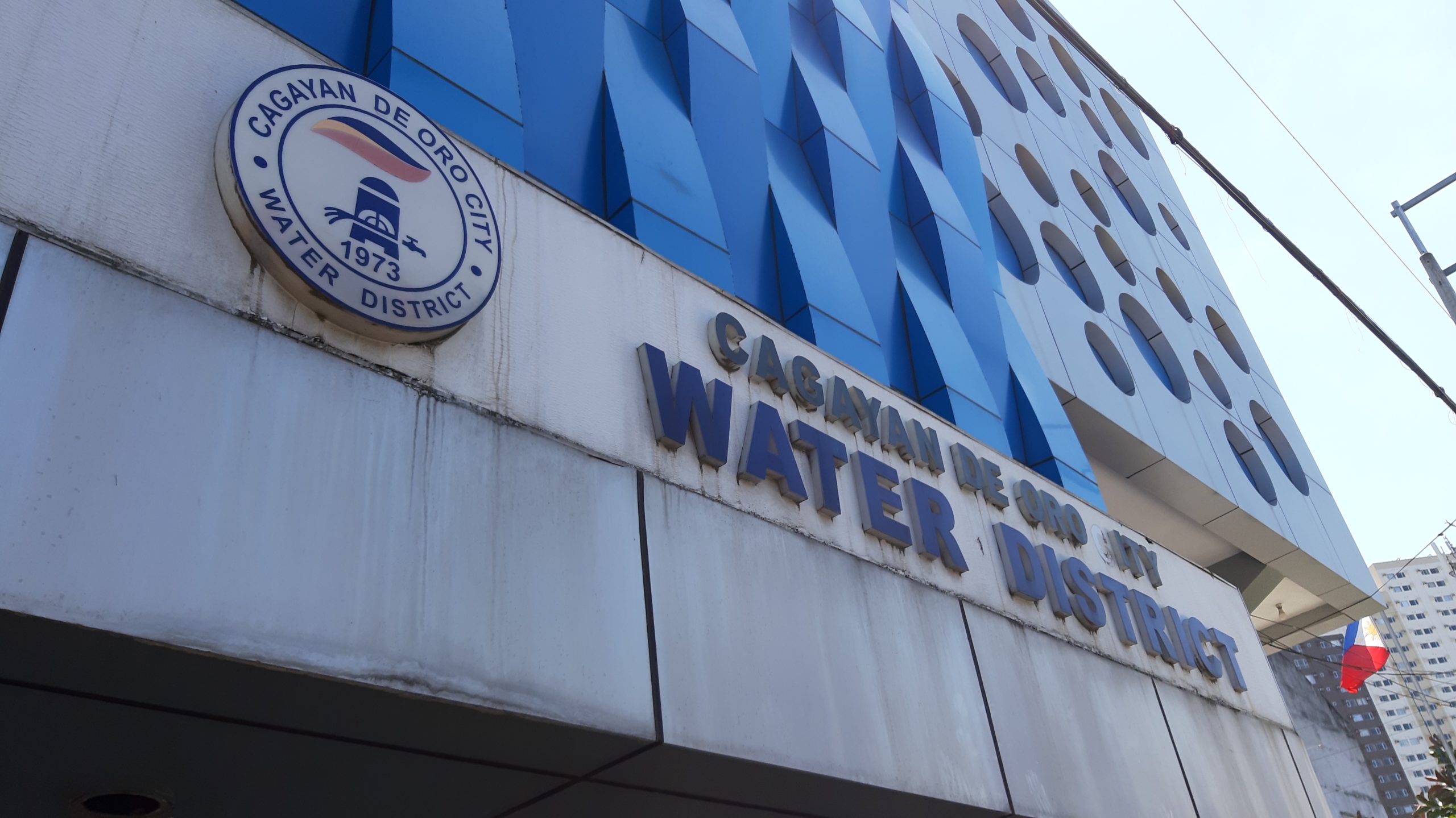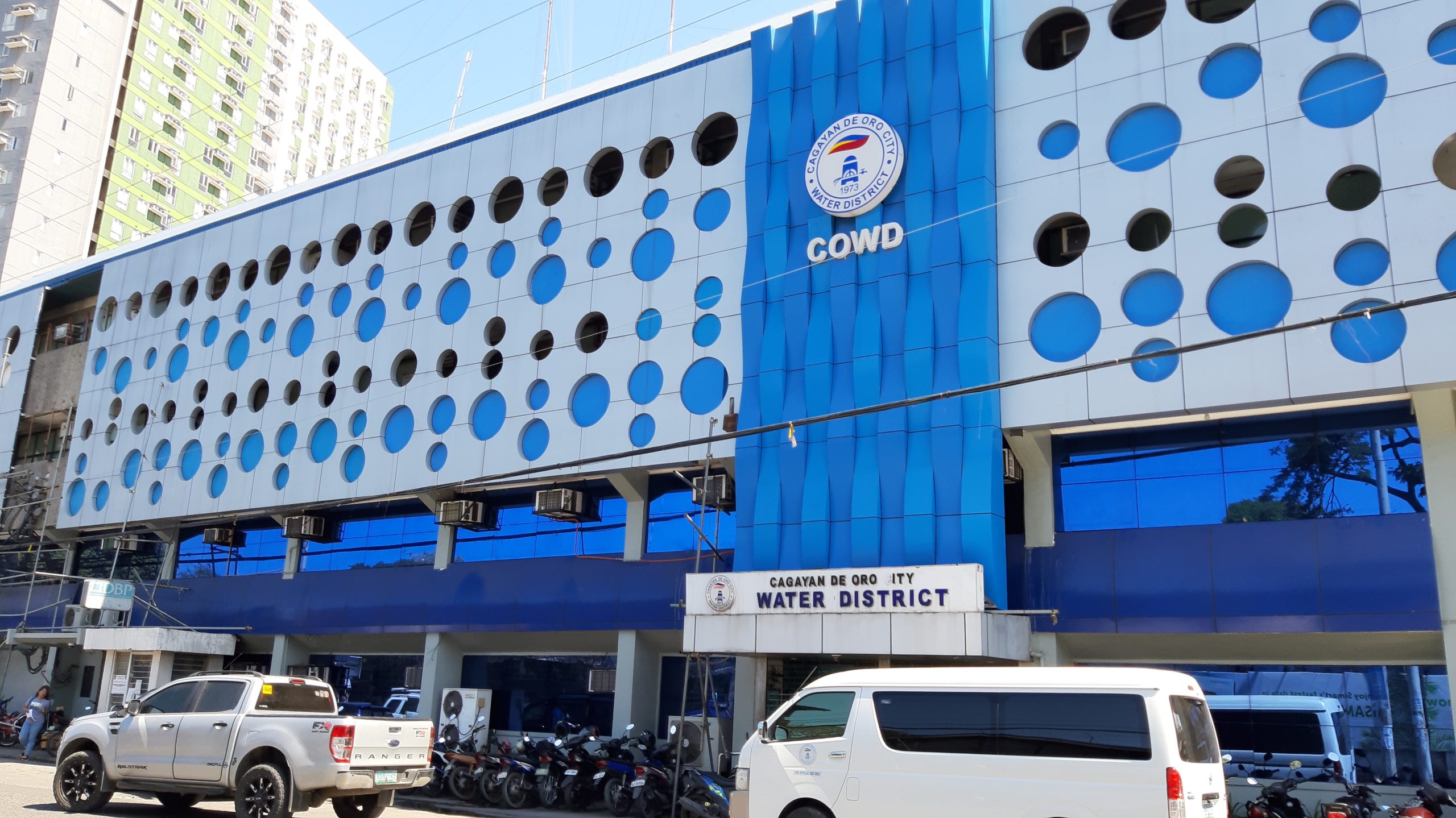

IN a controversial decision by the Cagayan de Oro Press Club (COPC), led by President Froilan Gallardo, five members of the organization were sanctioned. Directors Ric Ociones, Jao Gumapac, Fred Soriano, and Rose Mondejar received suspensions, while Ronnie Waniwan was expelled.
The decision has sparked heated debate within the journalistic community, raising questions about due process and fair play.
The COPC’s ruling regarding Waniwan and the other four has fueled arguments and caused people to doubt the veracity of media reporting.
COPC members are dismayed by the case’s outcome and question the fairness of the justice system.
The situation is eroding public trust in the news, raising concerns about the credibility of those tasked with ensuring fairness.
On April 6, 2024, an unauthorized induction ceremony at Philtown Hotel was deemed a serious violation of conduct by the COPC board.
The event lacked the sanction of the COPC Board of Directors and did not align with the organization’s traditions, leading to the board’s severe response.
Waniwan, at the center of the incident, is accused of prematurely assuming the role of the 15th director, contrary to a term-sharing agreement. His actions, along with the misuse of the COPC logo and unauthorized solicitation, prompted the board to expel him from the organization.
Directors Ociones, Gumapac, and Soriano were given a six-month suspension for their involvement, criticized for their lack of remorse and attempts to justify the breach.
Director Mondejar faced a one-month suspension and was sternly warned due to her expression of remorse.
However, Waniwan challenges the board, especially Gallardo, to cite explicitly where in the constitution what transpired on April 6th constituted a violation and warranted suspension and expulsion.
“He needs a crash course on reading and comprehension,” Waniwan said, questioning the legal basis for the board’s decision.
Further complicating the board’s position, a letter from the sanctioned members’ counsel, Johanne Emmanuel G. Agustin, dated May 9, 2024, challenges the decision.
It alleges violations of the COPC’s own bylaws, particularly sections on procedural due process and voting requirements.
The letter points out that the decision lacked the support of a two-thirds Board of Directors vote, a bylaw requirement.
The counsel is demanding a review of the decision-making process, a retraction of the sanctions, and a public apology, threatening legal action if the issue is not resolved in compliance with the organization’s bylaws and fairness principles.
The COPC, tasked with promoting cooperation among journalists and upholding press freedom and professional dignity, now faces scrutiny over the integrity of its decision-making process. The call for transparency and justice has intensified.
The decision, announced as unanimous by two-thirds of the COPC Board of Directors on April 26, 2024, is now being contested.
Some board members have refuted claims of a unanimous vote for the suspensions and expulsion.
Moreover, the affected members argue that the induction ceremony did not constitute an execution of directorial functions, thus not violating the term-sharing agreement. This point adds complexity to the board’s narrative.
The COPC’s situation presents a challenging case, where maintaining organizational standards and ensuring fair treatment of members may be in conflict.
The affected members’ counsel seeks not only to secure justice for their clients but also to uphold the fundamental values and integrity of the organization as a media institution.
As the COPC deals with its governance issues, the journalistic community and the public are eager for a resolution that reflects the principles of fairness, due process, and integrity upon which the club was founded.
The decision remains as a point of contention, highlighting the challenges of leadership within professional bodies. It serves as a reminder that adherence to one’s own rules and bylaws is essential.
The legitimacy of the COPC’s actions against Ociones, Gumapac, Soriano, Mondejar, and Waniwan is under scrutiny, with the coming days crucial for determining whether the club will uphold justice and media integrity.
Disclaimer
Mindanao Gold Star Daily holds the copyrights of all articles and photos in perpetuity. Any unauthorized reproduction in any platform, electronic and hardcopy, shall be liable for copyright infringement under the Intellectual Property Rights Law of the Philippines.








